Danny Boyle is a director known for his exceptional use of music to score key — and now iconic — scenes in his films. Think Iggy Pop’s “Lust for Life” in “Trainspotting” as Ewan McGregor pounded the streets of Edinburgh or the movie’s euphoric closing moments as Underworld’s era-defining track “Born Slippy” played. In fact, think most of the “Trainspotting” soundtrack. But then there was A.R Rahman’s hands-in-the-air anthem “Jai Ho!” from the “Slumdog Millionaire finale, John Murphy’s rousing “Adagio in D Minor” from “Sunshine” (and numerous other subsequent films) and God Speed You Black Emperor’s “East Hastings,” heard as as Cillian Murphy famously wandered the streets of a deserted London at the start of “28 Days Later.”
According to Scottish band The Young Fathers, Boyle is the “King of the Needle Drops,” and someone who can throw music — and sometimes not the music you’d expect — into a scene and ensure it’s forever imprinted in your memory. So when they were asked by the director to soundtrack his long-awaited horror sequel “28 Years Later,” it was — almost — a no-brainer.
The three-piece — who won the Mercury Prize for their debut album “Dead” in 2014 and are made up of Alloysious Massaquoi, Kayus Bankole and Graham ‘G’ Hastings — had worked with Boyle before, writing the song “Only God Knows” for his 2017 “Trainspotting” sequel “T2 Trainspotting.” The director described it as “the heartbeat of the film” (and used five other tracks by the band on the soundtrack).
But “28 Years Later” marks The Young Father’s first ever film that they’ve written the score for— something that Hastings now describes as a task “much fucking harder than making an album.”
Speaking to Variety from their shed-like studio in Edinburgh, Hastings and Bankole discuss the joy of working a filmmaker who is honest enough to say when he doesn’t think something will work but has the taste to ensure you want to listen to him.
You wrote some of the music for Danny Boyle’s “Trainspotting” sequel almost a decade ago. How did that then lead to writing the entire soundtrack for “28 Years Later”?
Graham Hastings: We wrote one track for the film, but he used a lot from our catalog. He invited us to the set — so we’ve known him for a bit. Then we played a gig at the Royal Albert Hall and he was there and pretty soon after that told us he’d love us to soundtrack his next film. We didn’t know what it was but we were intrigued because it’s Danny. We had a meeting with him and he told us what it was and it kind of intrigued us any more. What kind of like the idea of us being this kind of strange pop group and applying to how he usually does needle drops. Also, at the same time, something’s the more like a score when it needs to be. He came up here to Edinburgh and we were just like, OK, let’s do it. Because we were almost ready to start doing another album. And I think we wanted to try this, which was different, but much fucking harder than making an album.
This is your first soundtrack. Had you had offers before? Did it have to be something special — something for Danny?
Hastings: We’ve had offers for theater and film and stuff a few times. Stuff that we’d actually love to do, but it just never really worked because of timing. It wasn’t really something like, oh, we need to do a score. But we have always felt our music should be used more, because it’s quite cinematic. I do thing, because it was Danny, that was a huge part of it. There’s a link to how he works and how we work and not being precious. He cuts to music a lot, but it’s not the finished thing until its finished and you don’t pre-empt that. The way we work is you don’t pre-empt what you’re going to make — you decide after it’s made what it is. Obviously films need a script, but he’s very open and very honest.
Bankole: The crucial part is that he dares to be honest. And I would say 50% of the reason why we decided to do the score was because of Danny and another part was wanting to exercise our creative arms and see what is possible to be pushed. It was the first time we worked with a big orchestra with string quartets and stuff like that… having 60-plus folk playing the music that you created.
What do you mean by ‘honesty’?
Bankole: He tells us when he doesn’t like it. It’s such a relief when he came here for the first time and was we were playing him stuff and he just goes, ‘I don’t think that works.’ I remember thinking ‘This is going to be good.’ I don’t like it when people are too nice about stuff. We enjoy criticism a lot, especially when it’s constructive and it’s coming from someone that you know has taste. That honesty charges you up.
What notes did he give about what he wanted from the film?
Hastings: Everything was subject to change as time went on. But Danny is the king of needle drops. There’s no other director that I know who can seamlessly fit music that changes a scene and makes you remember it for such a long time based on the music. So he kind of gave us free reign to actually create songs rather than just sounds. And that was, to us, pretty unique and pretty awesome. So it was like, let’s do some vocals and make some songs like it was based in this time or completely far away or whatever – let’s just make some songs and see if we can needle drop them into the film.
Bankole: Sometimes you’d just go out on a whim and do something that wasn’t in the notes at all. And all you had to think was, if it’s good, you’ll like it and working with Danny gives you that scope. You know him to an extent but you also know his films, and you know how he’s been so good at putting what would probably be considered the wrong piece of music over a scene and changing how the scene feels. Especially with the original film. There are moments in the “28 Days Later” soundtrack that really stood out and I still remember.
When you were going through the film and trying to decide when to have these classic Danny needle-drop moments, what stood out?
Hastings: The way that we work is always suck it and see. We don’t know what’s going to happen. “Promised Land,| which is at the start of the film, and “Lowly” which is soon after that, a few of the songs where there’s actually a real verse, were from those sessions. But because we didn’t want to get bogged down in the actual composing element and still try to keep that needle drop thing alive, we would sometimes just see the scene then turn it off, do some music in the room and throw it to see if it works. That’s always been how we work anyway, but doing it to like a film like this is great. We’ve always been very visual people. Even when we’re making music ourselves we put on YouTube or something and just have it playing in the background while we’re playing music. It gives you ideas. So this is the ultimate version of that.
The film obviously has some major horror elements with the infected charging about, but also some tender moments with the family and then an incredibly emotional scene towards the end of the film. Are there any that stand out as being particularly challenging to soundtrack?
Hastings: There were definitely cues that were more challenging. That last one that you mentioned was a moment that, before we got to the point of orchestration, I think had about 10 attempts to pin it down. That was one where where Danny would come up and stand behind us and listen and then say, ‘It’s great, but it’s not right.’ There were a few times when we we thought, ‘We’ve nailed it this time!’
Bankole: I’m gonna put the icing on top of the beautiful cake that Graham has made and just say that here were challenging moments where we had to push ourselves to get to the place that was right for the scene. But eevery step of the way to get there was worthwhile because of the end result.


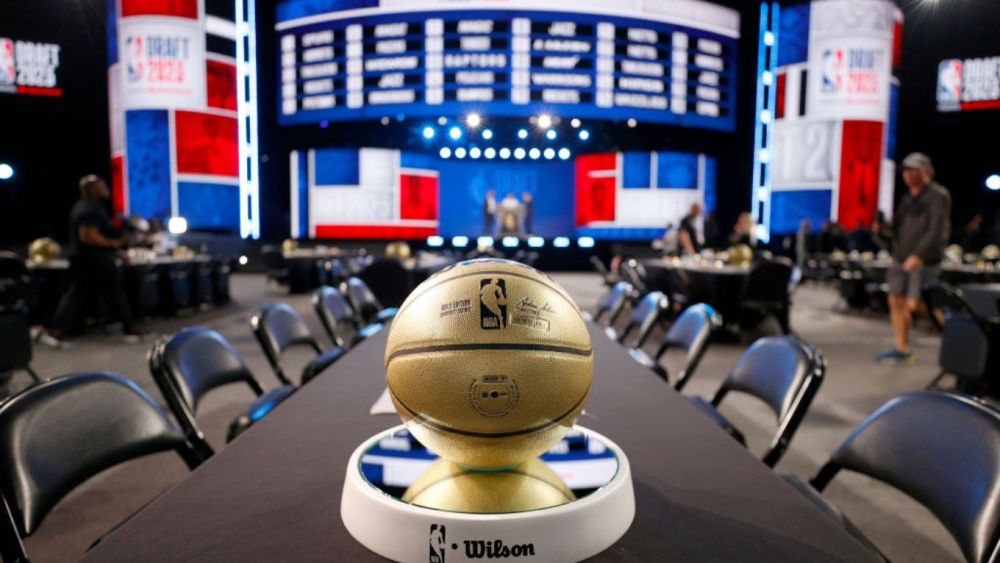

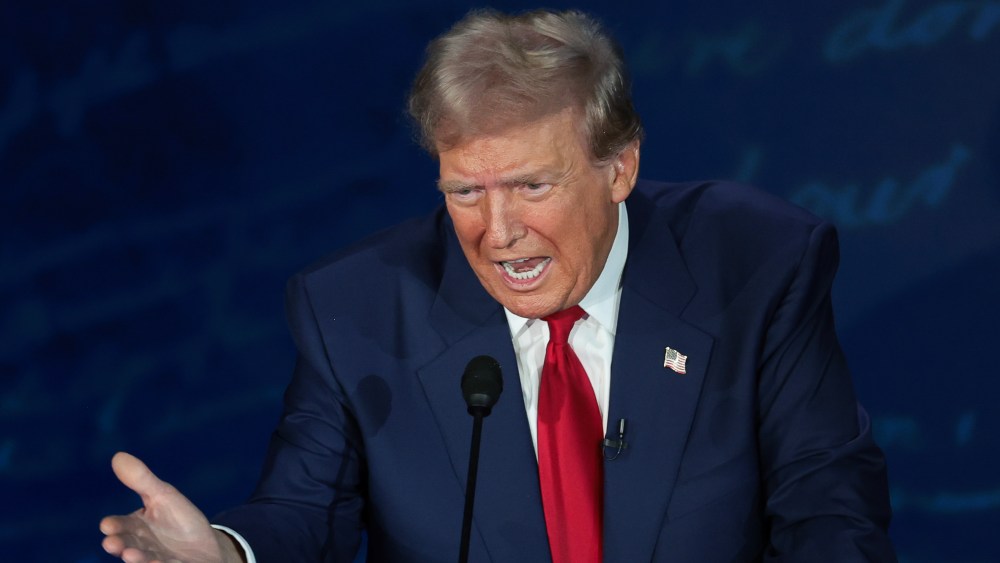

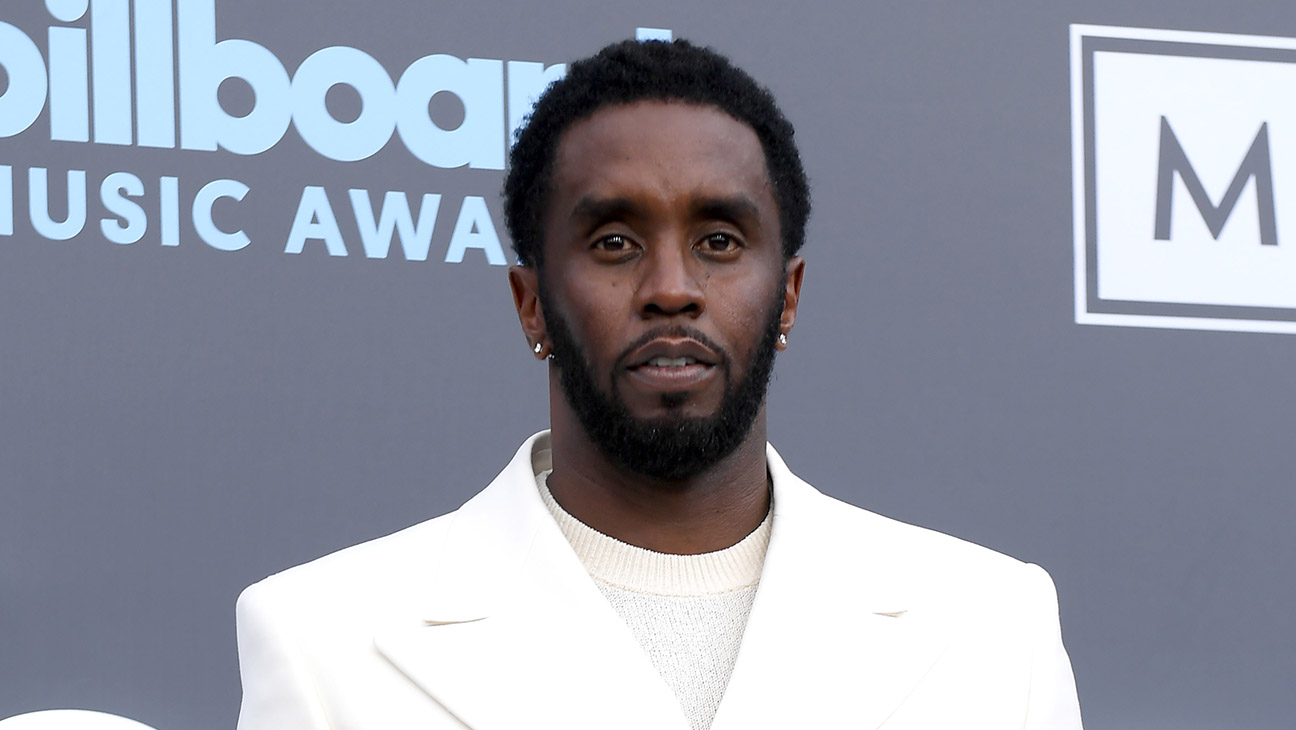

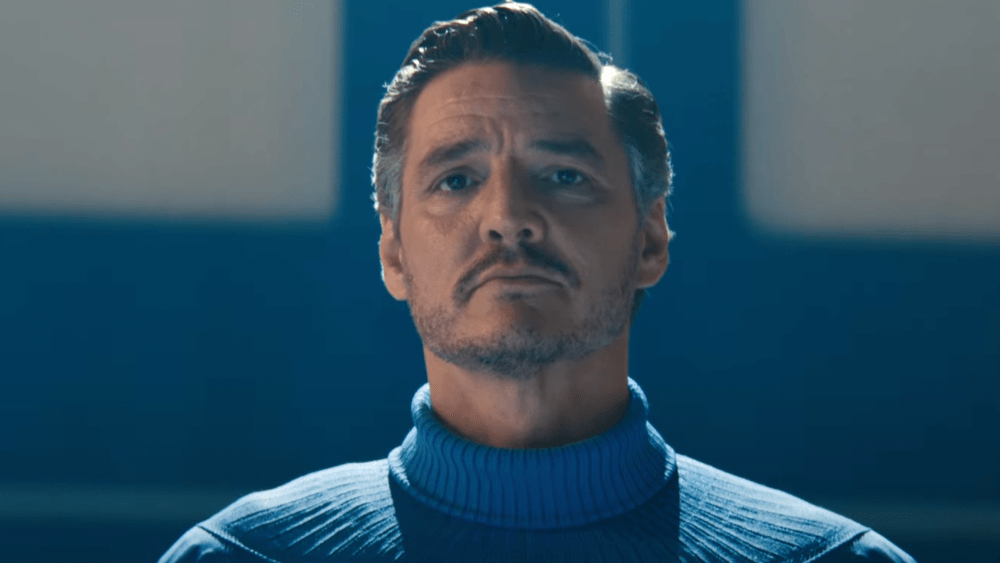
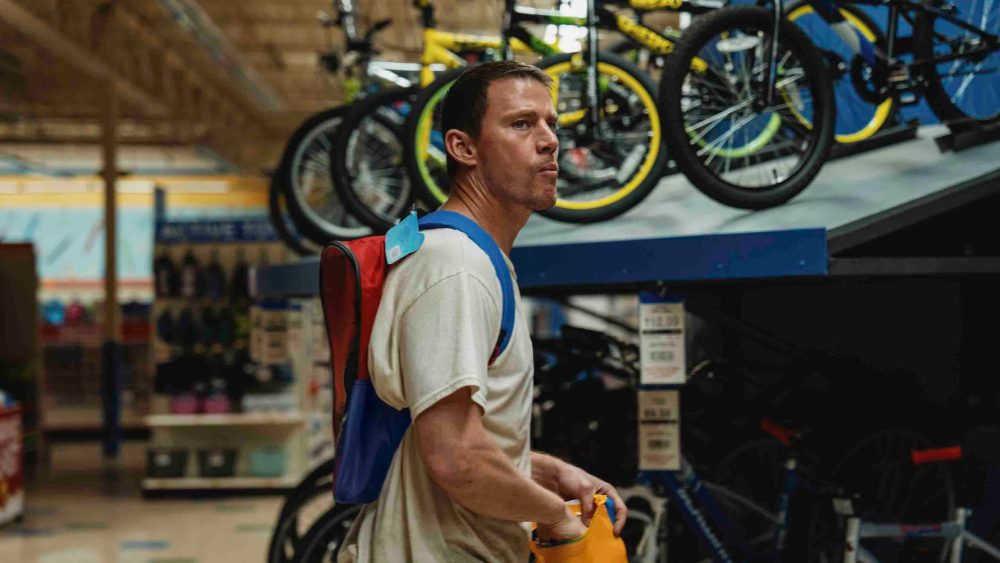
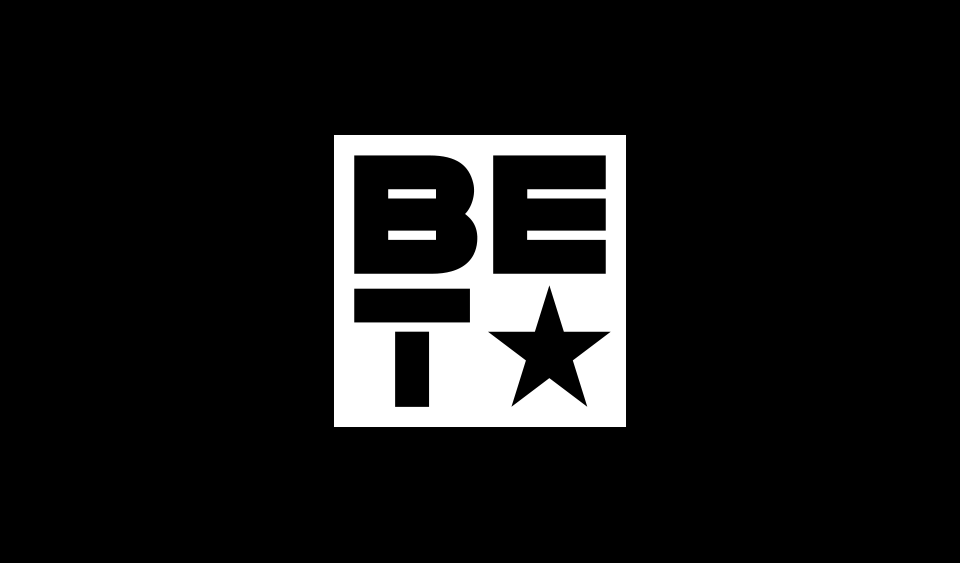



Leave a Reply